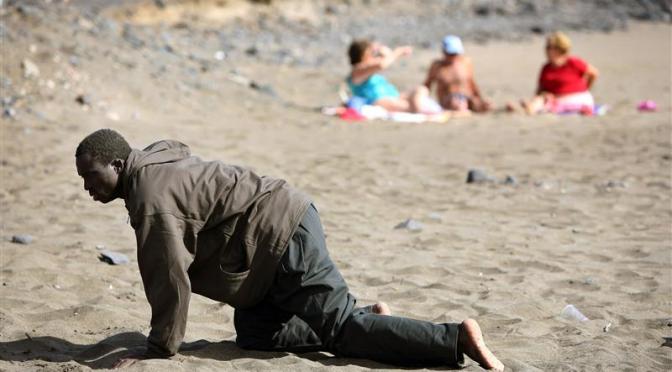Deadline: 15 August 2015
The Editors of Curriculum Inquiry in collaboration with Guest Editors Lisa Farley and Julie Garlen Maudlin are seeking manuscripts for a special issue that is scheduled for publication in late summer/early Fall of 2016.
This issue titled “The Child in Question: Texts, Cultures, Curricula,”aims to feature the work of established and emerging scholars from a variety of academic fields and disciplines who explore critical approaches to understanding childhood using a diverse range of methodological and theoretical frameworks.
We invite articles that explore childhood subjectivity, discursive constructions of and about childhood, and curricular and pedagogical issues impacting children in order to advance imaginative, critical, and situated conceptions of childhood. Contributors may take up a wide range of theoretical frameworks, including feminist, post-colonial, post-structural, psychoanalytic, historical, and autobiographical lenses to present diverse and divergent perspectives that interrogate normative conceptions of childhood, development, and curriculum designed “for” children. Some specific subjects that may be explored include: the construction of difference and otherness, the complexities of the unconscious, the making of childhood subjectivity through discursive constructs and historical contexts, the reconceptualization of developmental psychology, the relation of childhood to coloniality and nationalism, the construction of otherness within and outside indigenous cultures, fictional childhoods, gender variant children and the question of sexuality, and the racialization of childhood in history, educational research, and practice.
Manuscripts for this special issue are expected to be between 6000 and 8000 words. Guidelines for manuscript submission along with other relevant information will be available on the journal’s website. All manuscripts submitted to Curriculum Inquiry are subjected to a preliminary internal review by the editorial team, and those deemed appropriate for publication in the journal will be sent anonymously to external reviewers. Questions about the focus of the special issue can be addressed to guest editors Lisa Farleyat lfarley@edu.yorku.ca or Julie Garlen Maudlin at jmaudlin@georgiasouthern.edu.
Other questions regarding submission can be addressed directly to the Curriculum InquiryEditorial Office at curriculum.inquiry.oise@utoronto.ca.
Guest Editors
Lisa Farley (lfarley@edu.yorku.ca)
Julie Garlen Maudlin (jmaudlin@georgiasouthern.edu)
http://explore.tandfonline.com/cfp/ed/rcui-special-issue-cfp-the-child-in-question



 by Lauren J. Silver
by Lauren J. Silver Book Launch
Book Launch